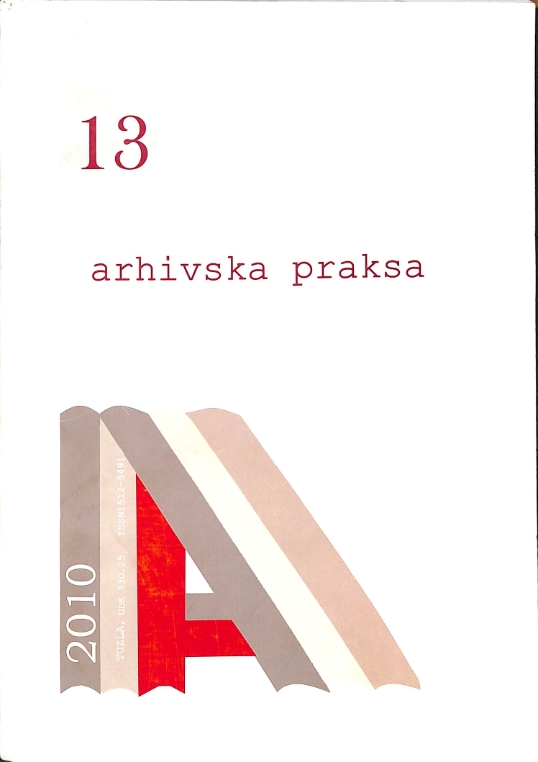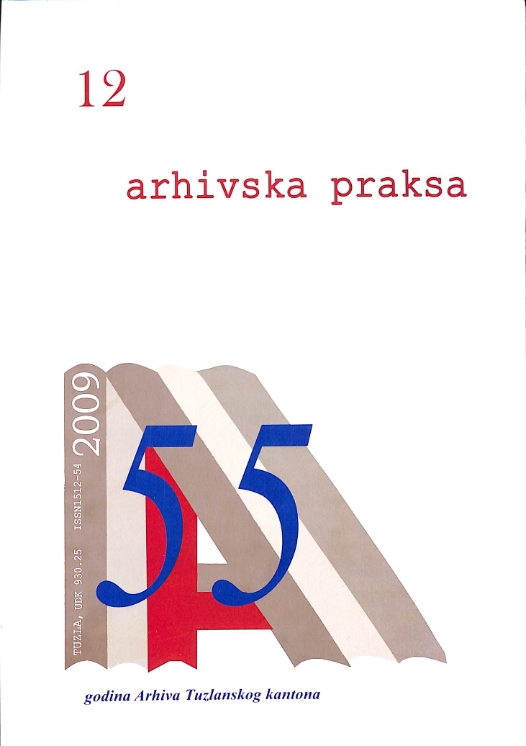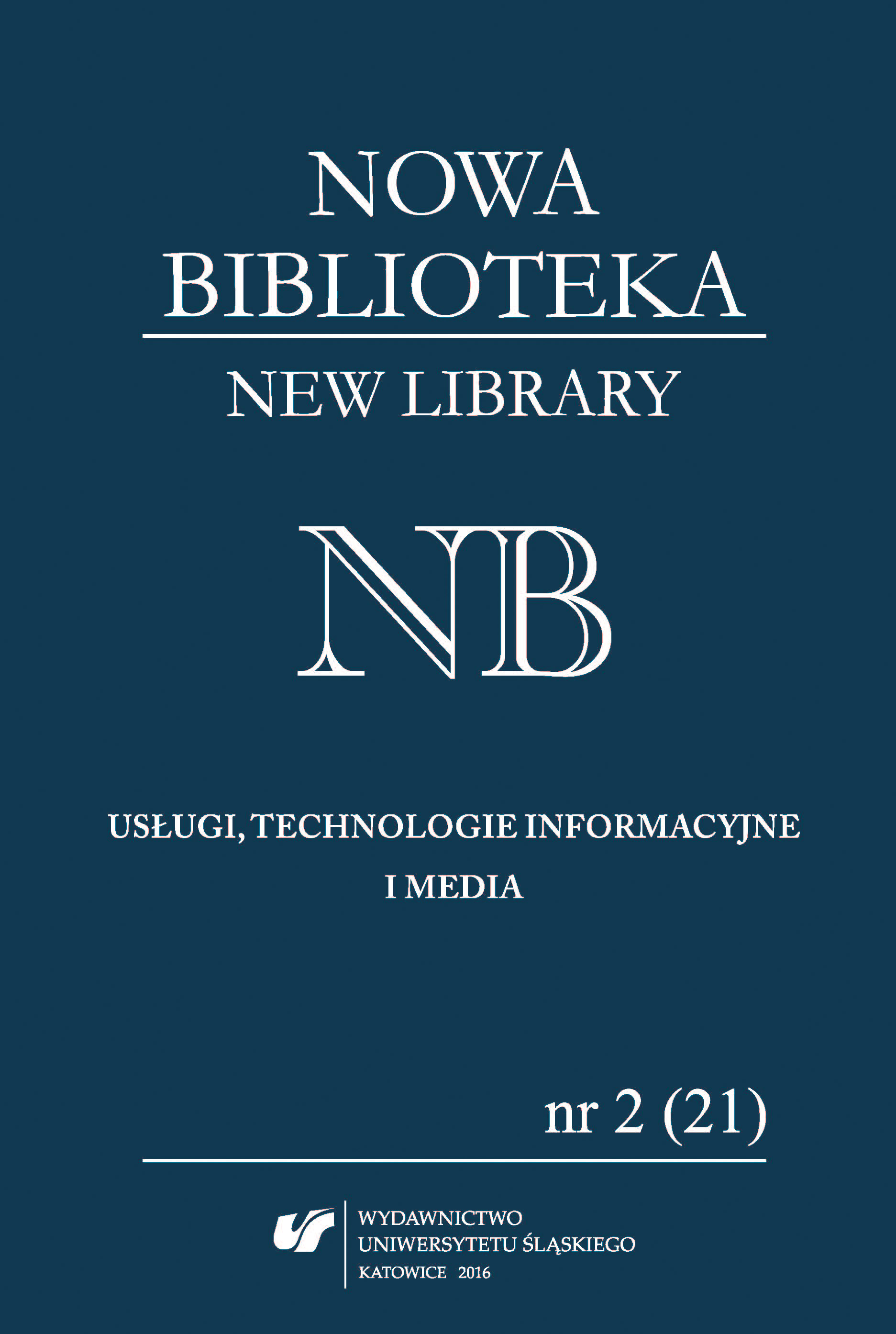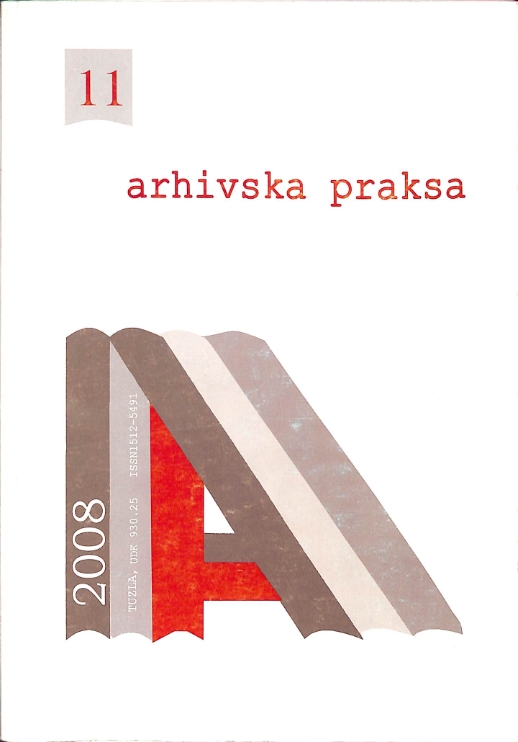
PRIVATNA ARHIVSKA GRAĐA (PRIVATNI ARHIVI) I NJENO KORIŠĆENJE
In the socialist countries with one-party system the normative regulation of legal protection of private archival material (private archives) has not been satisfactorily resolved. Private archives are considered archives of family and personal archives, archives of religious communities, archives of private companies ( prevailed only social-state-owned enterprises), as well as archives of prominent figures from the political, cultural and public life and the like. After the multiparty system was introduced and the sudden privatization of social and partly state-owned properties was happened, the number of private archives is increased. The sudden turnaround is required and requires adequate legal regulations. The transition affected all the countries of the former socialist system. The question is which are authority of archives toward archival and registry material, which transition process transferred state property in to a private ownership if it is not expressly required by law? The author deals with the issues of legal protection and the process of using private archives.
More...


